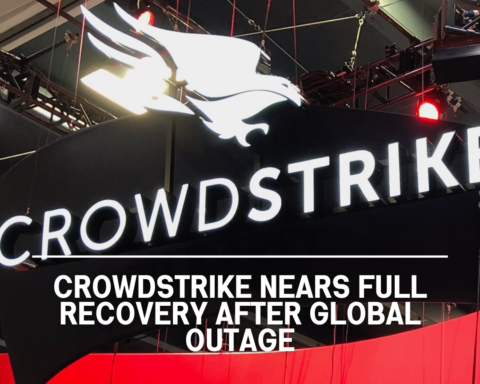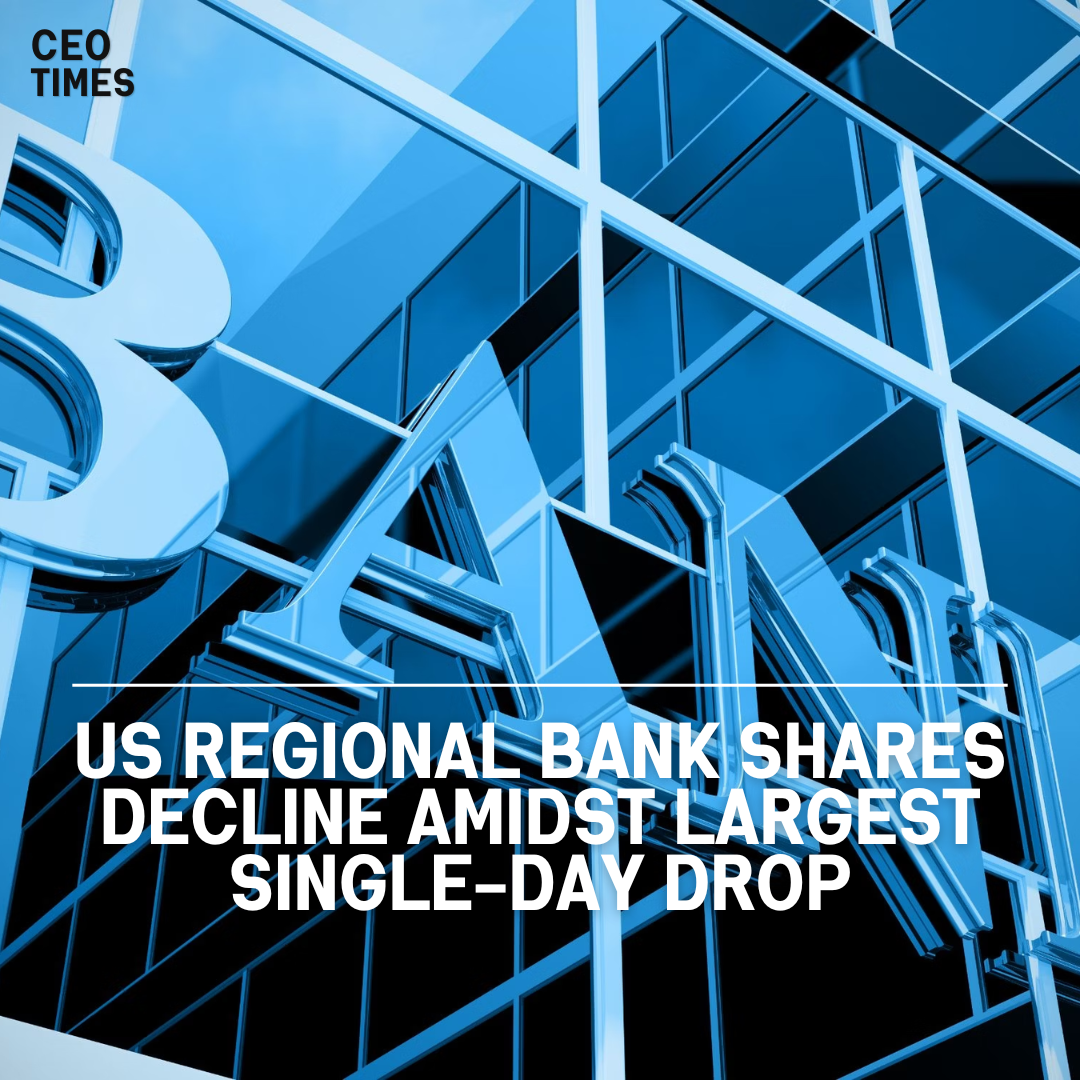The KBW Regional Bank Index witnessed a 6% decline, marking its most substantial single-day drop since the collapse of Signature Bank in March of the previous year.
The sell-off was notably influenced by New York Community Bank (NYCB), which faced a record single-day decrease of 37.6%, as per LSEG data.
The Federal Reserve’s decision to hold interest rates on Wednesday further contributed to the broader market’s downturn.
NYCB’s Unique Challenges and Investor Concerns:
The decline in regional bank shares has reignited concerns among investors about the sector’s health despite indications that issues at NYCB, such as a 70% dividend cut and an unexpected loss, were primarily specific to its balance sheet.
NYCB acquired assets from Signature Bank last year, revealing plans to fortify its balance sheet by raising capital.
The bank’s balance sheet surpassed the $100 billion regulatory threshold, triggering stricter capital and liquidity requirements.
Analysts Highlight Idiosyncratic Characteristics of NYCB:
While analysts acknowledge NYCB’s distinctive characteristics, they emphasize that the market’s reaction underscores the existing risks within the regional banking space.
The bank’s acquisitions, including those of Signature Bank and Flagstar Bank in 2022, contributed to a nearly 30% increase in its balance sheet within a year.
Concerns Over NII and Federal Reserve’s Impact:
Investors and analysts express concerns that retaining deposits, while stabilized since last year, may squeeze regional banks’ Net Interest Income (NII).
Several regional banks have cautioned about the diminishing NII during the first-quarter earnings season.
The Federal Reserve’s decision to leave interest rates unchanged amplified investor jitters, as higher rates aimed at curbing inflation can impact regional bank loan profits and the value of securities they hold.




















